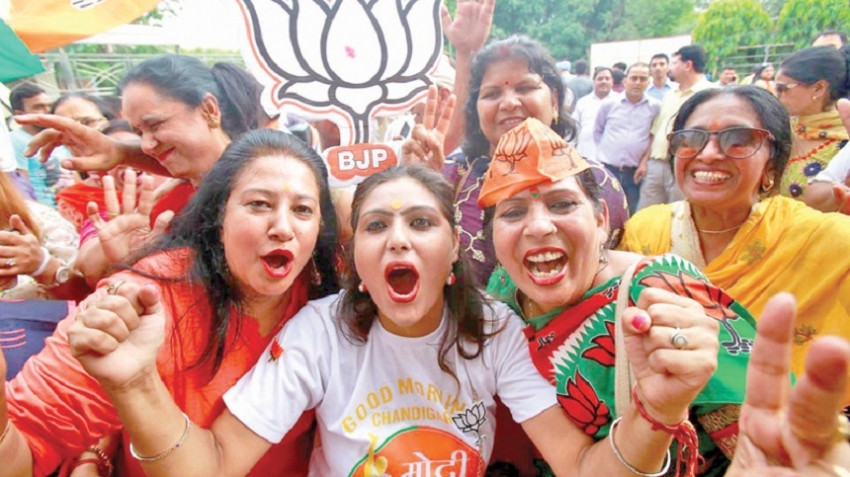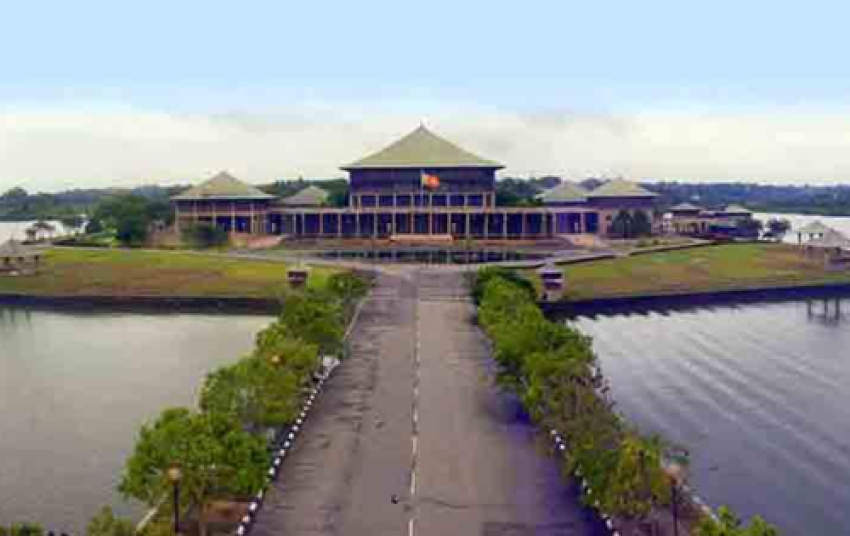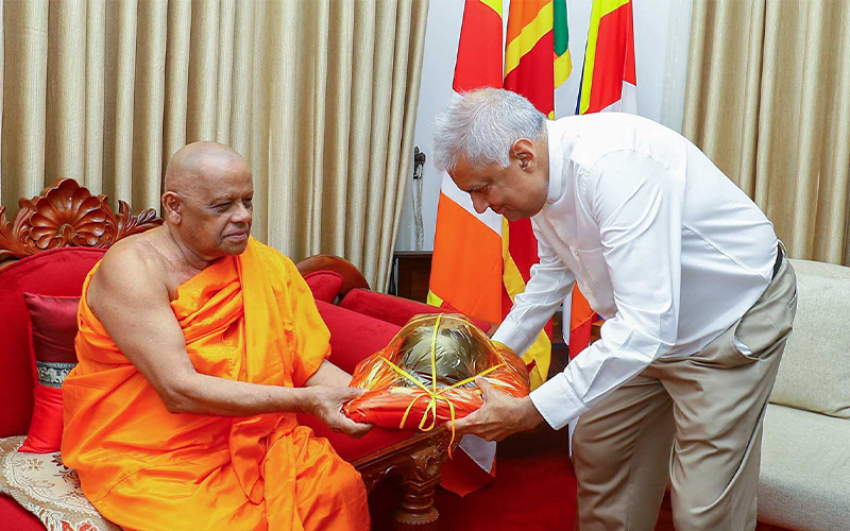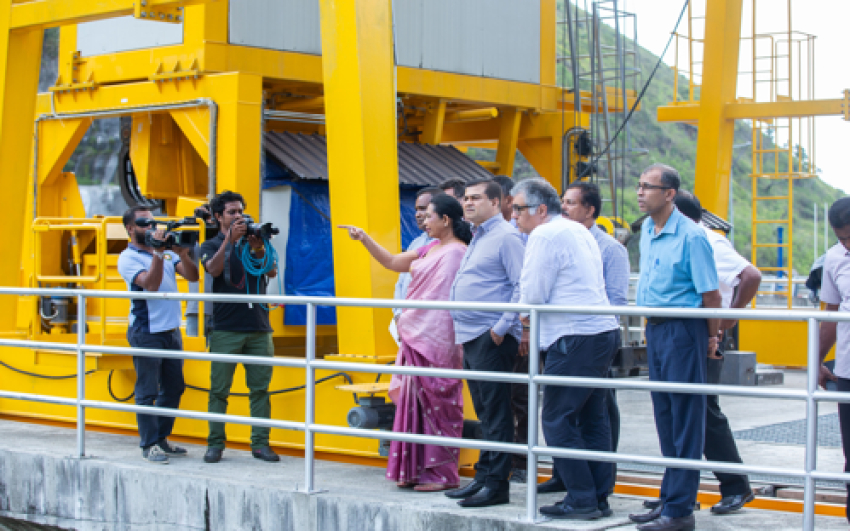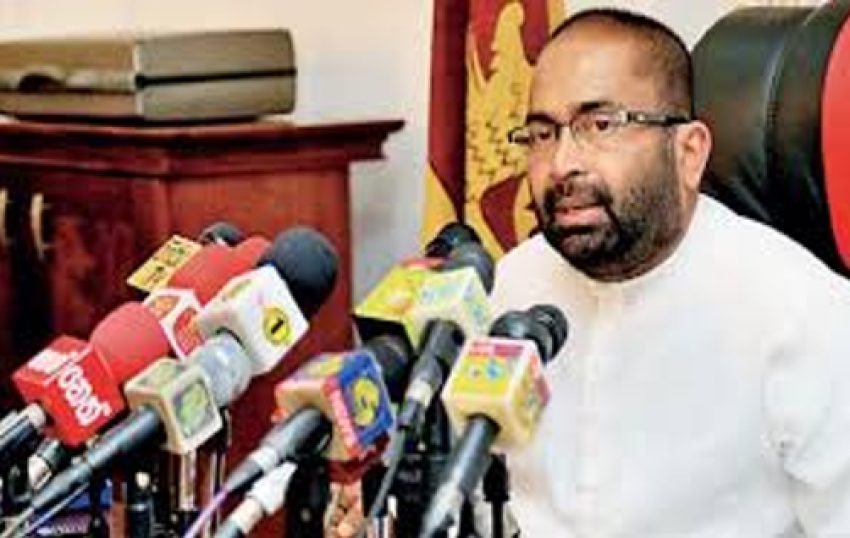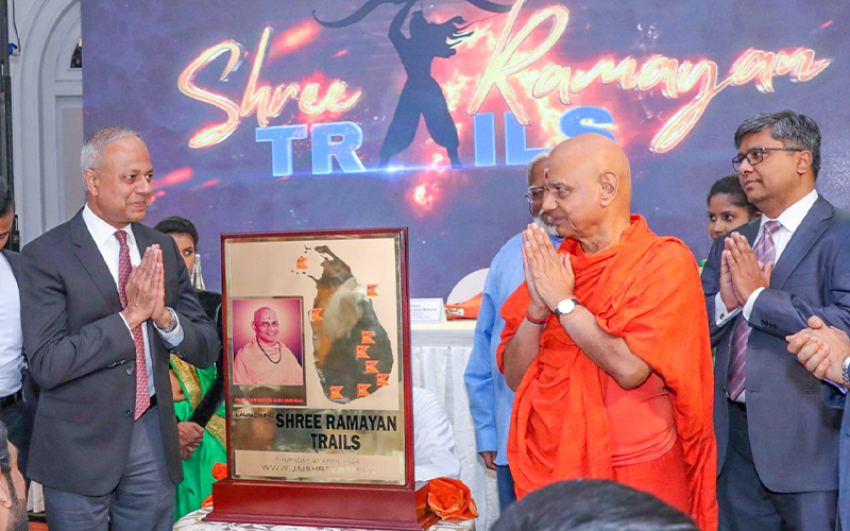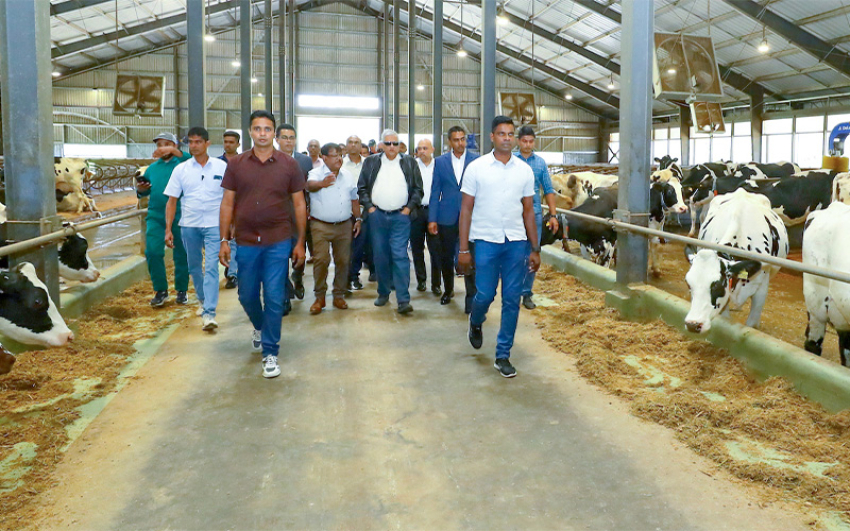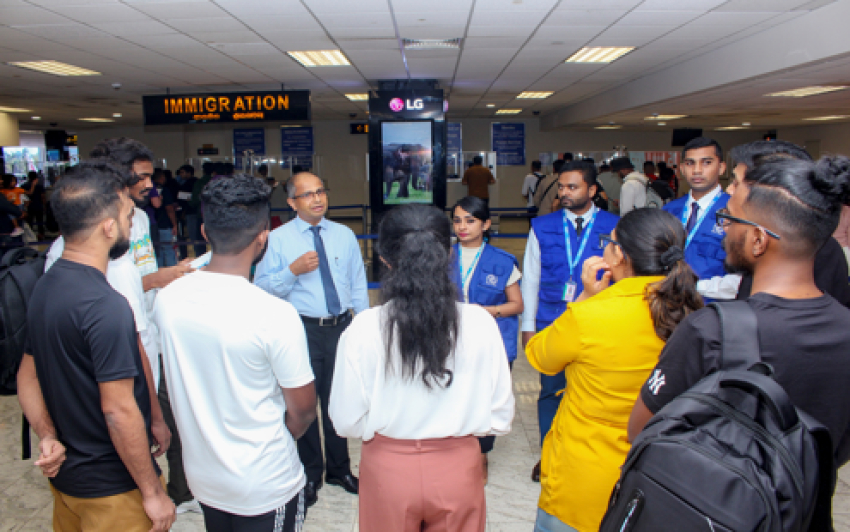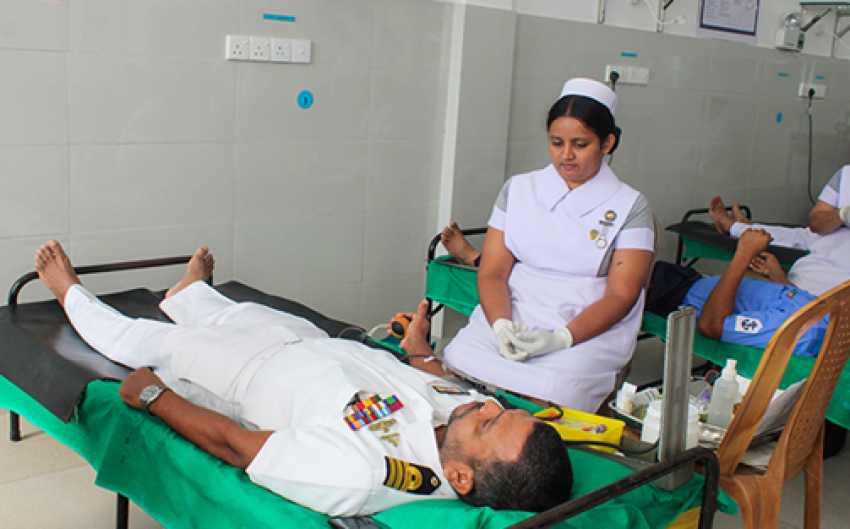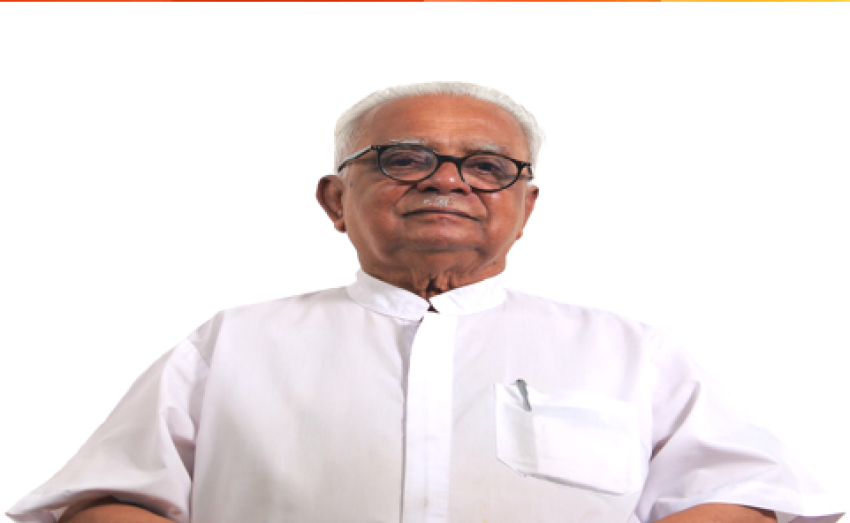The 17th Lok Sabha will see 27 Muslim MPs in parliament, a marginal increase from the 23 Muslim MPs in the 16th Lok Sabha. This is still the second lowest proportion of Muslim MPs to population in India’s parliamentary history.
Muslims comprise 14 per cent of India’s population as per the census of 2011. Based on this, the ideal number of Muslim MPs in the Lok Sabha should be 76. The closest parliament came to this figure was in 1980 when 49 Muslim MPs were elected. Since then, this number has been declining and in fact the BJP in 2014, became the first party with a simple majority to not have any elected Muslim Member of Parliament.
In 2019 the party introduced one Muslim MP, Saumitra Khan, from West Bengal from West Bengal, a state the saffron party has breached for the first time. BJP leaders have several arguments for why they have so few Muslim MPs--- that the critereon for seat selection is winnability and that they are seeking votes on Prime Minister Modi’s ‘sabka saath sabka vikaas’ reform agenda and not on caste or religion. While all of these may be true, the big takeaway from this election is that there has also been a consolidation of the Hindu vote around BJP. The hard fact is that this consolidation has made Muslim voters irrelevant on the electoral landscape.
Muslims constitute at least 20 per cent of the population in 80 of India’s 543 Lok Sabha constituencies. In 2019, Hindu candidates from across parties won in 58 of these 80 seats.
BJP leaders
Indian Prime Minister Narendra Modi and BJP President Amit Shah greet supporters after the election results in New Delhi, on May 23, 2019.
The BJP won 62 of 80 Lok Sabha seats in UP-a state where one-fifth of the population is Muslim-without fielding a single Muslim candidate. In the 2017 UP assembly elections, the BJP did not field a single Muslim candidate, yet won 325 of the 403 seats.
BJP leaders have pronounced the 2019 verdict as the end of the ‘Muslim vote bank’. The phrase, commonly heard around elections in India, is based on the assumption that Muslims vote en bloc across the country for a particular agenda or for a party. The politics of ‘Muslim appeasement’ indulged in by political parties has been a strong rallying cry for the BJP to appeal to its Hindu voters.
But do Muslims really vote as a homogenous group?
Electoral data does not support the myth of the Muslim vote bank. The community is geographically dispersed across the country and is not a monolithic group. They have never voted with a singular national Muslim aspiration. The BJP, which is perceived to be an anti-Muslim party, won 36 of the 80 Lok Sabha seats in which Muslims form 20 per cent of the population.
The Muslim voter, many argue, is motivated by constituency-level politics, not the narrative of fear created by anti-Muslim rhetoric and incidents. Like the Hindus, Muslim identity on the ground is also highly fragmented, varying with religious denomination, language, caste and class. While the past few elections have seen an increased consolidation of Hindu votes under the BJP, Muslims votes have remained split between the Congress and strong reg¬ional parties.
In states where the Congress is in direct competition with the BJP, it gets the majority of the Muslim votes. In others where there are strong regional parties - UP, Bihar, Andhra Pradesh, Tamil Nadu, West Bengal, Assam and Delhi - the overall Muslim support for the Congress has significantly dropped and moved to the strongest regional player.
Curiously, Muslim consolidation or the impression of Muslim consolidation, even helps the BJP indirectly. A study by Congress data cell head Praveen Chakravarty shows that the BJP’s vote share actually increases in districts that have significantly more (1.5 times or more) Muslims than the average in that state. The difference in vote share, too, is significant enough to swing elections.
Muslim voters
The problem of Muslim voters is compounded by the fact that they do not have a pan-India leader from the community.
Since Independence, Indian Muslims have largely backed secular formations like the Congress, SP, BSP, Trinamool and RJD. But while these parties have talked about protecting Muslim interests, they have been less forthcoming in giving them proportional representation.
Muslim representation in Parliament between 1952 and 1977 when the Congress dominated the Lok Sabha, hovered between two and seven per cent. The highest it touched-10 per cent in 1980-- was still less than the percentage of Muslims in the overall population. Rajiv Gandhi’s landslide win in 1984 had only 46 MPs.
In UP, Muslim representation in the assembly was the highest under the Samajwadi Party in 2012-17.1 per cent-but was short of its total share of the population. The ideal figure should have been at least 80 seats in the 403-seat assembly because 20 per cent of UP’s population is Muslim.
In Bihar, ruled mostly by the Congress, Janata Dal (United) and RJD, the highest representation was 10.46 per cent under the Congress in 1985.
The loss of faith in the Congress and the subsequent failure of regional secular parties have resulted in the growth of several Muslim-centric parties such as the AIMIM, the Indian Union Muslim League and the All-India United Democratic Front.
But these parties have remained region-specific. The AIMIM may be the most vocal about Muslim issues identity, security and violence over cow slaughter and trying to expand its footprint into Maharashtra, UP and Bihar, but has so far remained confined to Hyderabad. On paper, India has at least seven Muslim political parties.
In the 17th Lok Sabha parties these parties including the AIMIM have four seats among them from three states - Kerala, Telangana and Maharashtra.There are several myths about the voting behaviour of Indian Muslims - how clerics influence their choice and how they are more concerned about religious issues while voting. Various studies also indicate that though Muslims defer to the ulema’s opinion in matters of religion, their participation in political discourse is not welcome.
A 2015 CSDS study says that 43 per cent of Muslims disapprove of religious leaders supporting political parties.
What is encouraging, though, is that the low representation in Parliament and assemblies and the numerical disadvantage have not bothered Muslim voters, who often outnumber their Hindu counterparts in participation in the electoral process. This political engagement is crucial for the survival and strengthening of Indian democracy.
- India Today

